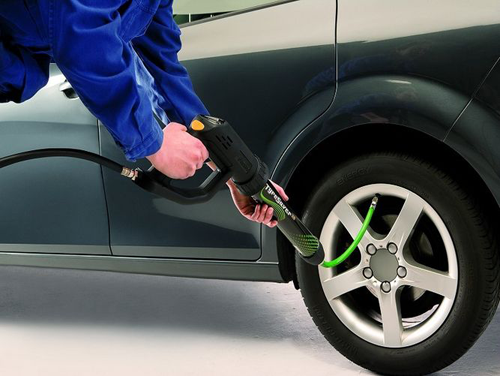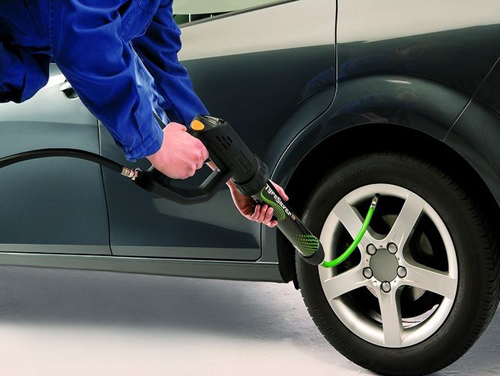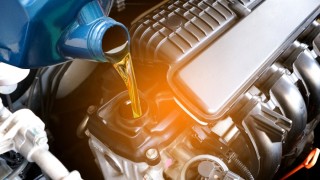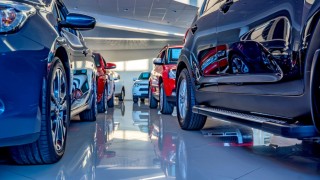As a car owner, you should already know how important it is to fill your tires with air. Depending on the tire pressure that your tires can hold, you will need to regularly check if they still manage to meet the range. By having enough air in your tires, you can experience a smooth drive whenever you’re out on the road. Your car will also be at its best performance because you won’t have to worry about your tires running out of air.
Knowing this, you may have already been using conventional air to inflate your tires. However, did you know that there is actually an option to make use of nitrogen as a way of making your tires have the right pressure? If this is the first time you’re hearing of nitrogen air for your tires, it’s important that you learn more about it. After this article, you’ll be well equipped to make the decision of whether or not it is a suitable option for your car.
Why use Nitrogen Air?
For years, nitrogen air has been a popular alternative to conventional air. Since this type of air is believed to contain elements that help improve tire performance, lifespan, gas mileage and overall driver safety, car owners who value safety over the cost see nitrogen air as an extremely viable investment. Some people believe that marketing this type of air for tires is nothing but a way to boost sales. On the other hand, some think that nitrogen filled tires are nothing but a fad, and that nitrogen air actually does very little to benefit drivers.
The truth behind all this is that while nitrogen air can be beneficial to tires, average drivers won’t be able to notice drastic improvements when it comes to how they drive their cars. This is why many drivers are unable to notice the benefits this type of air brings to their car.

The Popularity of Nitrogen Air in Tires
Even though the use of nitrogen-filled tires has only gained exposure in recent years, it has been long used for high-performance and high-stress tires; much like those for commercial airplanes, NASA vehicles and NASCAR race cars. It is only recently that nitrogen began gaining the public’s attention as an alternative for atmospheric air.
Because of the increasing number of individuals looking for this type of air, nitrogen has become available in a lot of gas stations, service shops and dealerships. If you’re wondering whether or not this is suitable for you, it would help to know the pros and cons of using nitrogen in your tires. Here are some of the things you should know about the advantages and disadvantages of nitrogen-filled tires:
Pros Of Filling Your Tires With Nitrogen
Some of the advantages of using nitrogen air in your tires include:
Improved Tire Pressure – Using nitrogen for your tires means that you are able to retain tire pressure for a longer period of time. This is a result of nitrogen’s superior ability of maintaining tire pressure, and through it you’ll get to enjoy better gas mileage on your car.
Longer Tire Wear – The main reason why tire degradation occurs is due to the combination of oxygen and water vapor, which are the components of atmospheric air. Conversely, nitrogen is a non-corrosive gas and works to your advantage since it does not hold moisture, and eliminates oxidation and rust, ultimately minimizing wheel corrosion.
Cons of Filling your Tires with Nitrogen Air
While using nitrogen for your tires can prove to be beneficial, there is a reason why it is not gaining as much attention as it needs. In fact, filling your tires with nitrogen can sometimes to be expensive, especially if it is not readily available. Depending on your preference, however, it is still best to know how you can make the most out of your car’s performance by filling it with the right type of air.
In the end, your decision as to whether or not you should start using nitrogen-filled tires depends entirely on several personal factors. Before you start making a decision, you’ll need to assess how convenient it will be for you to obtain nitrogen air when you need to refill your tires. In addition, you’ll also have to consider the costs involved with using nitrogen air for your tires. If you will not need your car for high-performance use, then you can probably make do with atmospheric air — or you can also use nitrogen air occasionally. Decide carefully so you can make the most out of your car!
Written by Marc Laferierre, owner of Dents Unlimited. Dents Unlimited offers the best tires Columbia MO has to offer, where their expert staff can get your car back on the road in no time.



